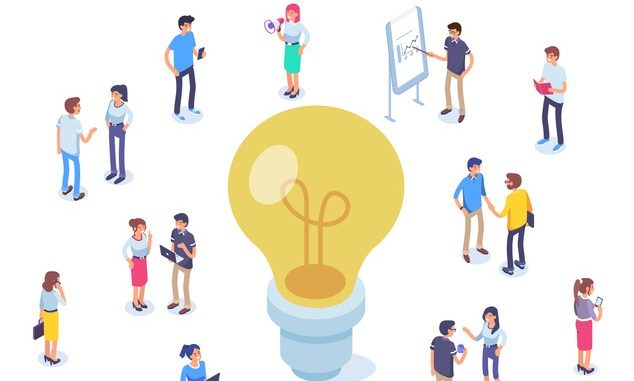
Starting a new activity may seem daunting, but psychologists say it can improve your health — and it can also be a lot of fun
CREDIT: This is an edited version of an article that originally appeared on Evening Standard
Analysis by London Economics for the government’s department for business, innovation and skills suggests that 80% of learners had improved self confidence or self-esteem as a result of learning a new skill. Almost half were more likely to undertake voluntary work and community engagement activities, three-quarters said that they were better able to manage their time or keep active, and three-in-five women said that their learning had helped them to support their children with homework.
Psychologist Natasha Tiwari believes that deciding to master a new skill is all about taking back control. “That boost in self-esteem and creativity is a wonderful reminder that they are able to trust in their ability to bring about change in their lives – it’s hugely empowering.”
Natasha describes the ‘flow state’ we’re in when focused, engaged and enjoying ourselves, doing something we love with no sense of time. “This flow state activates the release of the ‘feel-good’ chemical dopamine in the brain, and gives you a better ability to cope with everyday stress, anxiety and worries, while boosting your energy levels and the immune system,” she says.
Gaining new qualifications, engaging in training or taking up a hobby or pastime, can have economic and social benefits beyond boosting salary and employability, according to education economist Dr Gavan Conlon, partner at London Economics. As he explains, the benefits of mastering a new skill, or taking up a new hobby, can sometimes seem difficult to quantify.
“From an economic perspective – because the reason for mastering a skill is often unrelated to a job – the only way to understand its economic ‘value’ is by understanding how much was given up by the individual in terms of the time devoted to mastering the skill.”
Howver, this doesn’t mean new skills don’t have value. A recent study of 50,000 people, commissioned by BBC Arts, shows that spending time on a creative pastime acts as a coping mechanism in three ways: as a distraction tool away from stressful emotions, as a contemplation tool that allows headspace to reassess problems, and as a means of self-development, helping people to face challenges by building up self-esteem and confidence.
Olivia James, a confidence coach based on Harley Street, says that trying something new is a daunting prospect for many, but that recognising effort, rather than results, can help an individual to become much more resilient, able to override that fear of failure. “A well-adjusted human being likes to explore, and there’s an intrinsic joy in creating and being playful — we often lose this as adults,” she says.
Clinical psychologist Dr Marc Tibber works with under-25s at The Brandon , in Kentish Town, where he runs an eight-week wellbeing programme using photography as a way to build confidence, social connections and transferable skills. “Photography is a way of opening up discussions in a safe, non-confrontational way,” he says. By improving their ability to work in a group, and independently, reflect and work creatively, each participant improves their employability too.
Marianne Rizkallah works as the head music therapist at North London Music Therapy; she believes that music-making, whether in music therapy or with others, as in a choir or band, can provide a space for self-expression. “[People can] be heard in a way that is personal but not too directly intrusive,” she says. She explains that playing instruments stimulates brain activity through the simultaneous use of sight, hearing, touch and spatial awareness.
Learning new skills can help protect the brain, notes Dr Marinella Cappelletti, senior lecturer in psychology at Goldsmiths, University of London. “Learning in later life is seen by some researchers as a way to protect the brain against ageing because it promotes ‘neuroplasticity’ [the brain’s ability to develop new neural pathways or connections].”
Keeping learning throughout our lives brings real benefits, says cultural psychologist Professor Stephen Billett. “Our contemporary lives change constantly, so engaging in new tasks or activities that are not routine for us helps us to adapt, and extend, what we know, can do and value.
“Employability includes not just getting a job, but also sustaining employment across working life and seeking advancement – which contributes to our sense of self. Remaining employable requires ongoing learning and honing of skills.”
Don’t forget to follow Dealer Support on Facebook and Twitter!

Be the first to comment